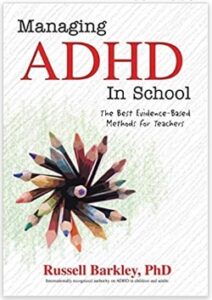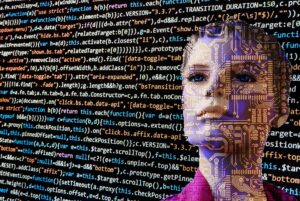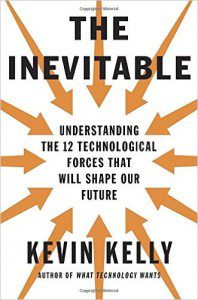This book looks at both the positive potentials of automation and the risks posed by massive job losses, focusing on how people will adapt to this new reality. Susskind argues that we need to develop ethical frameworks for governing artificial intelligence and robotic automation, so that their potential is harnessed for everyone’s benefit. He believes that if we recognise the challenges ahead of time and plan accordingly, then a world without work could be an opportunity for meaningful prosperity rather than a cause of despair. A World Without Work is an important read for anyone interested in understanding the technological shifts reshaping our economic system today.
It provides invaluable insight into how automation can be embraced for the benefit of humanity. Susskind shows that it is possible to create a world without work that is prosperous, equitable, and meaningful – one in which everyone has access to resources and opportunities to thrive. He argues that we must act now to ensure this future doesn’t become an unfulfilled promise, outlining potential solutions such as universal basic income, retraining programs, and public investment in infrastructure. In this groundbreaking book, Susskind makes a compelling case for preparing for the future of work.
Currently, new technologies are changing the nature of work, with robots taking over low-skilled jobs, and artificial intelligence replacing many middle-skilled occupations. As AI is being used in a variety of industries to make tasks faster and more efficient, Susskind discusses how these changes will affect workers as well as job markets, wages and inequality.
From healthcare to finance, AI technology is helping companies automate processes, uncover insights, reduce costs and improve customer experiences. In the medical field, AI can be used to diagnose illnesses more accurately than humans alone and to develop new treatments faster than ever before. In the retail sector, AI helps businesses personalise customer service and increase sales by analysing consumer behaviour. And in the banking industry, AI can be used to detect fraud quickly and accurately.The potential for AI extends far beyond what we have seen so far. For example, advancements in natural language processing could enable computers to understand human speech as well as a person does. This could revolutionise the customer service industry and make it easier for businesses to interact with customers.
Additionally, AI technology could be used to create autonomous vehicles and robots that can perform a variety of tasks, from delivering packages and cleaning buildings to providing care for the elderly. As AI technology continues to evolve, so too will its applications in our daily lives. The possibilities are endless when it comes to utilising AI. But with great power comes great responsibility; companies must ensure that their AI systems comply with privacy regulations and ethical guidelines. They should also take steps to minimise potential negative impacts on society, such as job loss due to automation or unequal access to certain services based on socio-economic status. By understanding the potential risks associated with using AI, we can ensure that we use this powerful technology responsibly and for the benefit of all. AI is an incredibly powerful tool that has the potential to revolutionise the way we live, work and play.
The book urges readers to see the potential of automation as an opportunity rather than a threat though, and provides practical advice on how to harness its power for the benefit of humanity. Susskind explains, for example, how technology has been disrupting work for centuries and why this process of automation is likely to continue. He also examines the potential of technology to create new kinds of occupations and how governments can tackle job displacement. Susskind proposes a series of policies that could help society adjust to this rapid change, such as retraining programs, universal basic income and increased investment in health care and education.
By exploring both the risks and rewards posed by automation-driven economies, A World Without Work highlights the challenges that lie ahead and suggests ways we can create a more equitable and prosperous future. With its insightful analysis and practical advice, this book is a thought-provoking guide to making sense of our ever-changing world and how best to embrace technological progress in order to ensure prosperity for all. Readers will also glean ideas on preparing for the future of work and exploring ways to create a more equitable and prosperous future.
Concluding thoughts…
Overall, A World Without Work is a thought-provoking book that provides an important look at the future of work in a world where technology is changing everything. With AI, governments and businesses can create better, more meaningful jobs while avoiding the pitfalls of job displacement and inequality. By understanding these issues, readers will be better equipped to prepare for the future of work and make sure that no one is left behind.
By offering a comprehensive examination of the changing labour market, A World Without Work is an important read for anyone interested in understanding the challenges and opportunities ahead. It provides readers with crucial insights into how we must adapt to this new reality and ensure that everyone has a place in the future world of work. This book is essential reading for policymakers, business leaders and anyone who wants to stay ahead of the curve when it comes to the future of work. It offers a thought-provoking look at how technology is transforming labor markets, as well as practical advice on how we can successfully navigate this transition.



